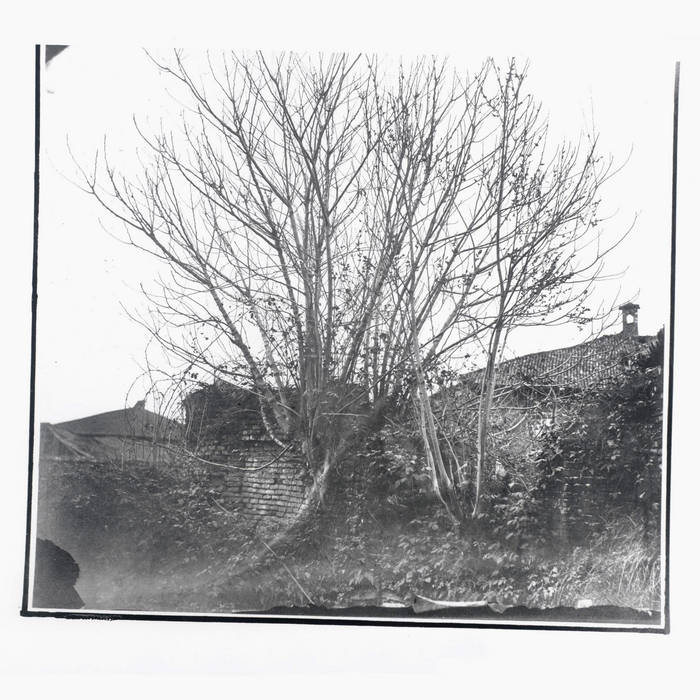I visited Tehran in April, after more than a year. Coming from a city in the UK where almost everything except pubs and restaurants closes at six, I was struck by the liveliness of the city. Late in the evening, people were strolling along Enqelab Street – known for its endless large bookstores and the university campus – groups of young girls chattering and stopping at art shops, and a few art galleries still open. People were out in fancy, artsy cafés until midnight – the likes of which I have only witnessed in Paris and certain parts of London. Nearby, there was an exhibition of some genuine Picasso paintings and drawings going on for next to nothing. There was something tipsy and cheerful in the air, despite all the pressures. Tehran, the huge, noisy, metropolitan capital of Iran, was at its liveliest that I could ever remember. There was, however, something in me, an anxiety, that this liveliness was fragile. Something was warning me that it might all end soon, with an iron fist, knocking out of nowhere.
It was not until the 13th of June that I realized my doomsday vision was not entirely wrong. Tehran was bombed – something none of us could ever have imagined in our wildest nightmares. It was now a body attacked, amputated, and wounded. Three weeks after, I could not help thinking about the city when listening to Siavash Amini’s latest record, Caligo (Latin for mist, fog, and darkness). A work created under the impression of an “unknowable presence in the city,” it has a clear agenda: to “mutilate and reassemble” an essentially historical and lyrical material – namely, a couple of the earliest piano recordings made in Iran.
Amini is a self-taught musician in rock and metal music, who later studied music for his university degree in Tehran. He belongs to a generation of young Iranian music enthusiasts who possibly had nothing except a personal computer and a dreadful dial-up internet connection. Electronic musicians like him were lucky enough to witness the unexpected rise of a genre in its pure artistic form. Electronic music in Iran was essentially introduced as an elite genre, and it took quite a while for it to be incorporated into popular styles. Raised and shined in this scene, where there were a handful of serious annual electronic music festivals in the 2000s and 2010s, Amini followed his path to become an internationally recognized musician.
In Caligo, like little pieces of a miniature buried under dust, one can hear fragments of these piano recordings and even identify the familiar gushehs and dastgahs of Iranian classical music. But suddenly, an avalanche crumbles upon them: a sonic bomb, a hostile presence. Amini’s work is sometimes like assembling a nightmare: unfinished images become deeply skewed, or, to put it in Freudian terms, condensed and displaced. This reconfiguration of historical material in a dreamy (or nightmarish, in this case) electronic setting creates a palimpsest of historical disturbance, fragility, and beauty – a sonic representation of the city.
One can identify a resemblance to Asoo Kohzadi and Otagh Band’s work in this approach of juxtaposing and disfiguring historical Iranian records with contemporary sounds and also a strong presence of minimalist ideas: repetitive motifs, played by a contemporary pianist, repeated to the point of annihilation (‘Stilla’). In one piece, there is something similar to a santur – the Iranian instrument – presented in bits and fragments, suddenly bombed by a deafening and shocking noise (‘Maculate’). The usually lyrical and melancholic melodies of Iranian music, too, are this time skewed and disfigured, brought to a grotesque end. This is perhaps what is meant by his ‘surgical’ procedure: not to recreate a cohesive, unified body, but to reinvent, to create a tapestry of disfigured sonic and musical elements – with its most obvious victim being the Iranian tones, struggling to rise out of the dust of the sonic bombs.


